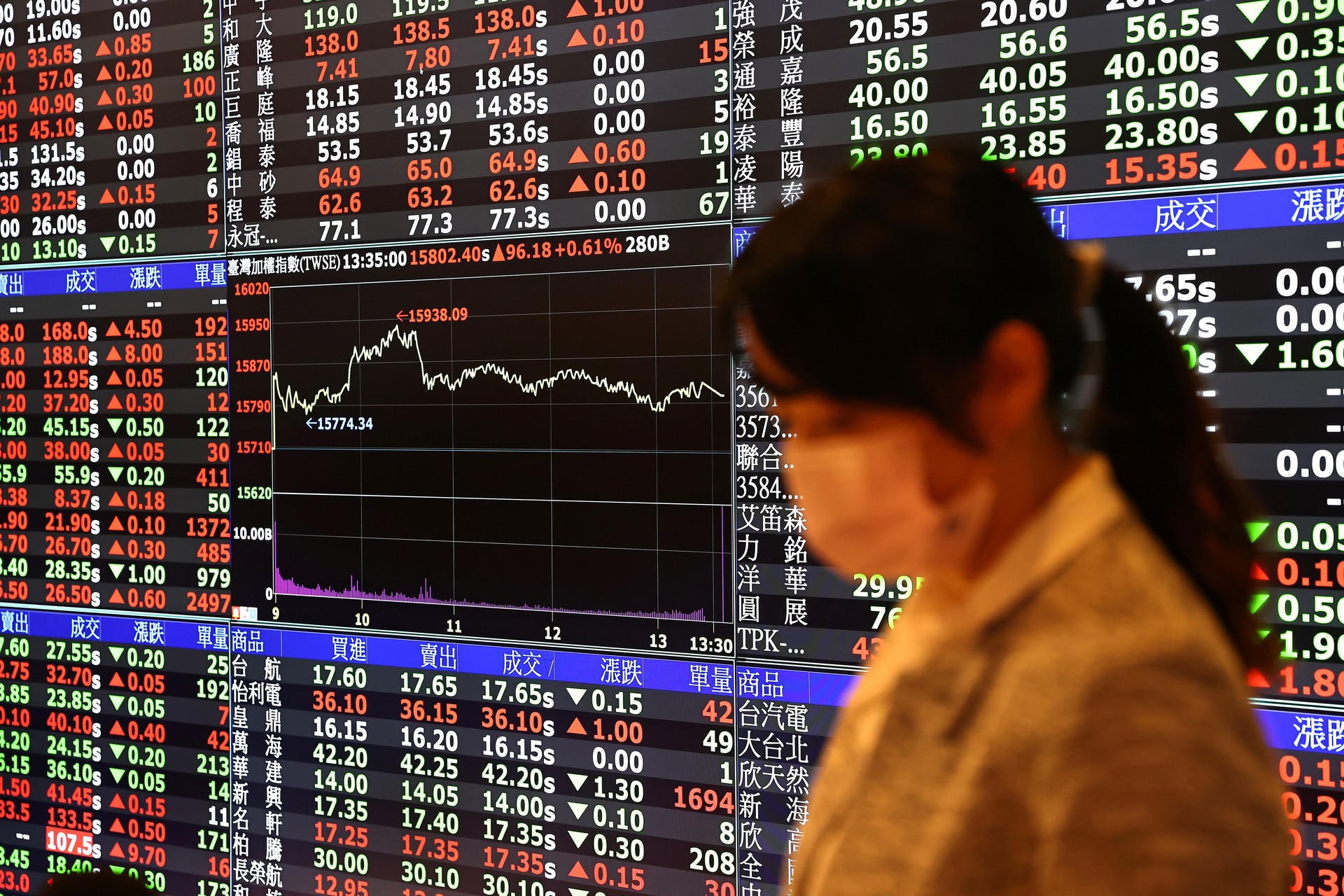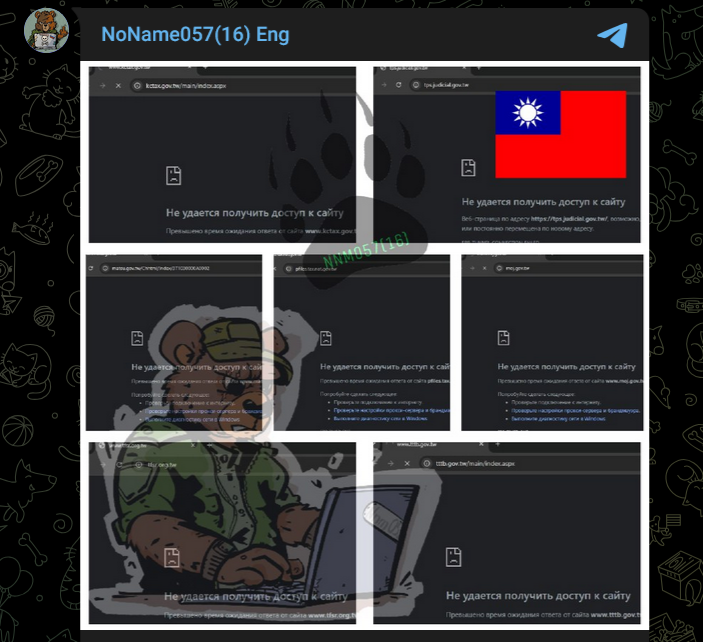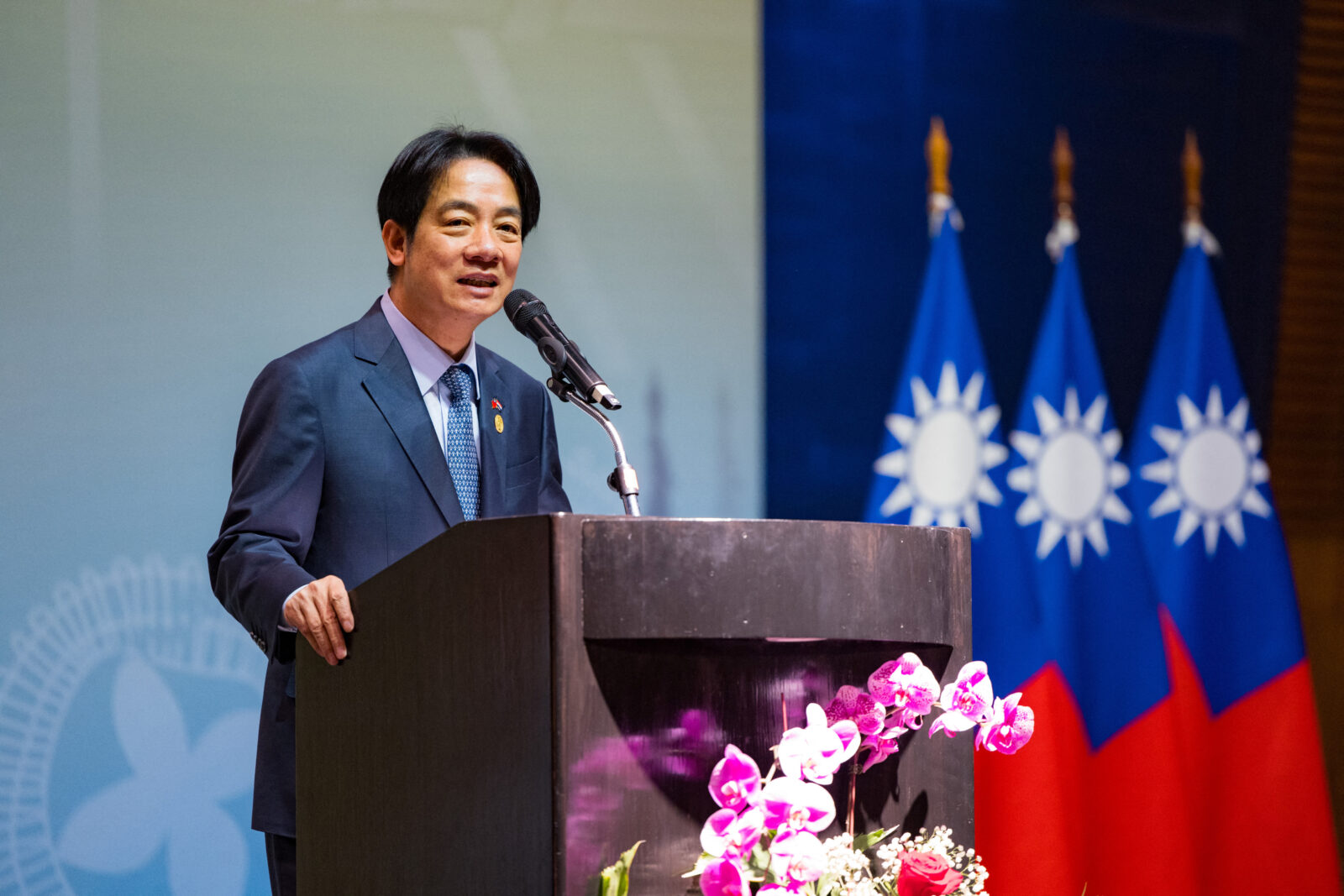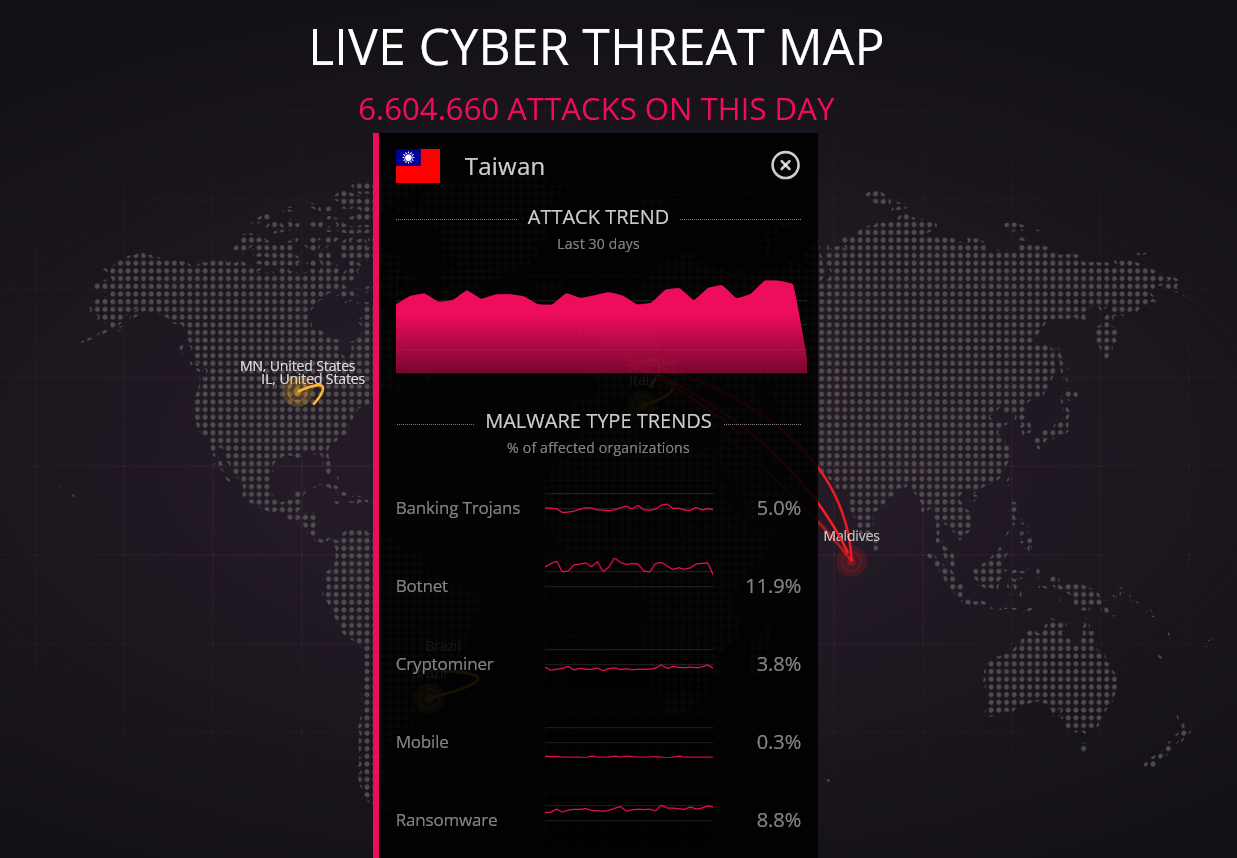
The Taiwan Stock Exchange website was temporarily disrupted Thursday in what local media have reported as a cyberattack by pro-Russian hackers.
The exchange experienced instability at 3:00 p.m. local time when "a large number of foreign IPs launched invalid queries," leading to temporary service disruption.
According to the stock exchange, services returned to normal at 3:22 p.m., and there was no impact on the securities market or related businesses, as Taiwan’s financial markets had closed earlier at 1:30 p.m.
While the exchange did not specify the perpetrators behind the attack, local reports identified it as part of a larger distributed denial of service (DDoS) attack targeting various Taiwanese government and financial institutions. The attack reportedly extended to airports and tax bureaus across the island.

Information security company Radware, cited by The Taipei Times, linked the attack to comments made by Taiwanese President William Lai. On Sept. 1, Lai criticized China's territorial claims on Taiwan, asserting that China’s true goal is to achieve dominance in the Western Pacific.
In an interview, Lai suggested that if China’s interests were truly about territorial integrity, it would seek the return of land ceded to Russia under the 1858 Treaty of Aigun. "Now Russia is at its weakest. (The land in) the Treaty of Aigun, you [China] could have asked for it back, but you didn’t," he said.

The Treaty of Aigun was signed between the Qing dynasty and the Russian Empire, resulting in the cession of over 600,000 square kilometers of Manchurian territory to Russia. Taiwan was later ceded to Japan in the 1895 Treaty of Shimonoseki, another "unequal treaty" from the era.
Taiwan has faced increasing cyber threats in recent years, often targeting government institutions and critical infrastructure.

The recent attack highlights the island's vulnerability to politically motivated cyberattacks, which have escalated amid rising tensions between Taiwan, China, and their respective allies.